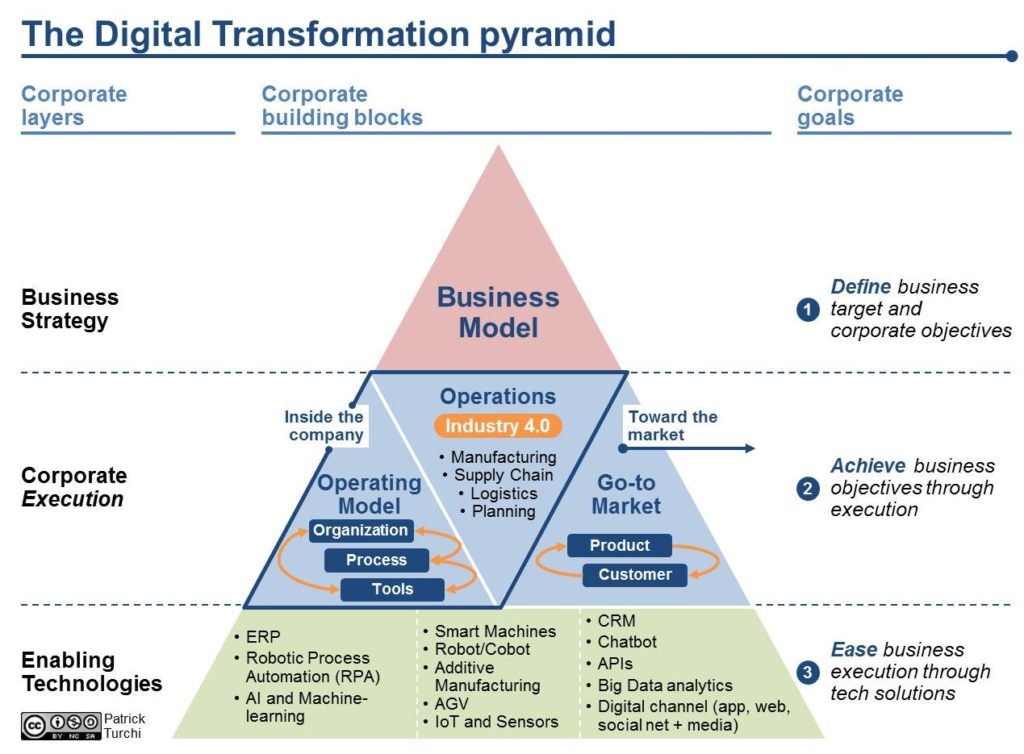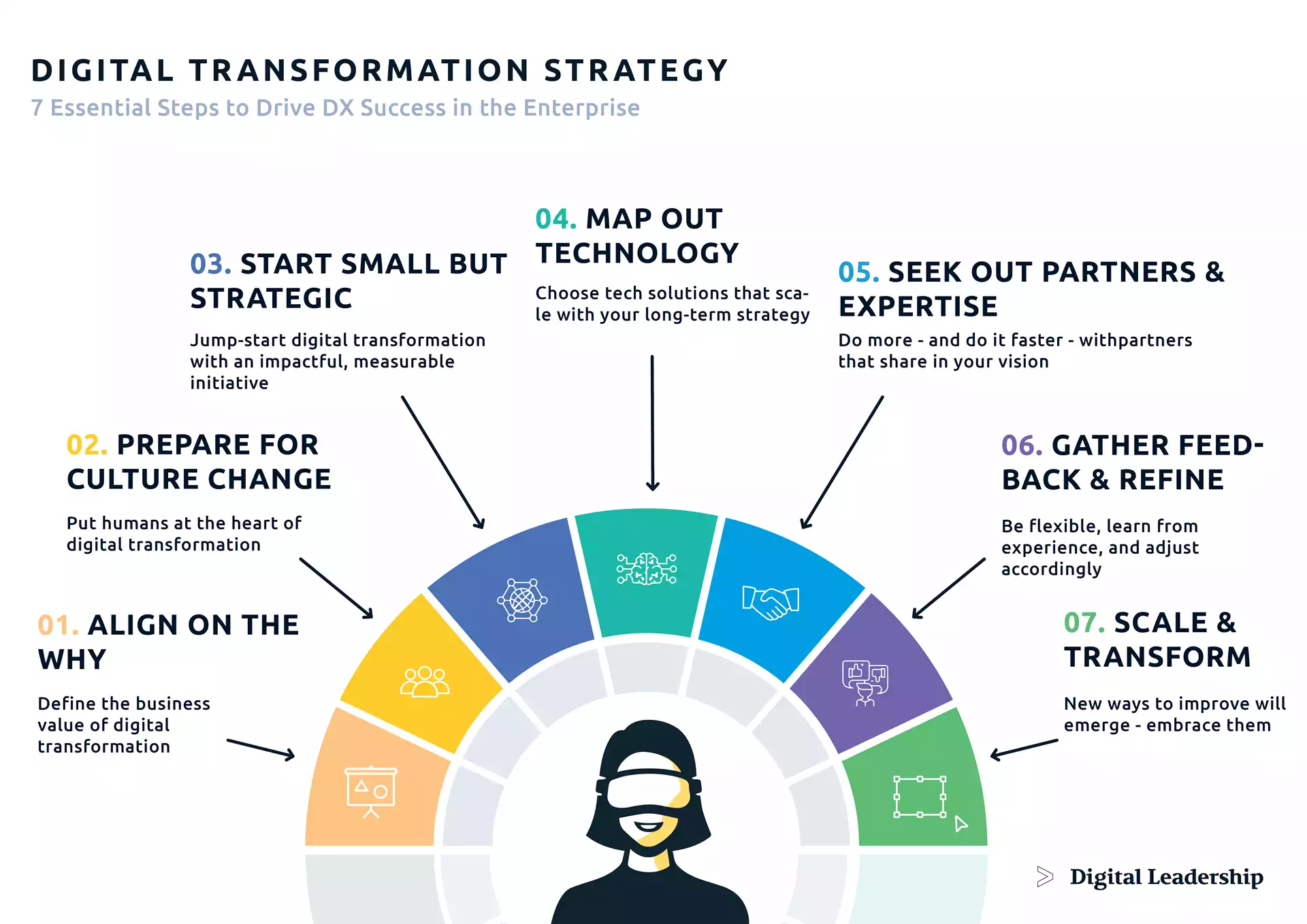Digital Transformation: How Consultants Drive Tech-Led Change
TL;DR
- Digital transformation is about harnessing new technologies to improve business operations, customer experiences, and overall performance.
- Consultants play a critical role by analyzing current processes, identifying gaps, and guiding the adoption of the right digital tools and strategies.
- Data analytics, AI, cloud computing, and emerging technologies are the building blocks of successful digital transformations.
- Stakeholder engagement and change management are just as important as the technology itself.
Imagine waking up to find your favorite local café now offers a self-service app, seamless digital payments, and personalized recommendations based on your past orders. That’s digital transformation in action—where tech innovation meets consumer convenience.
But bringing these changes to life in a traditional business environment isn’t magic: it’s the result of strategic planning, data-driven decisions, and consultants guiding the way.
What Is Digital Transformation?
Digital transformation goes beyond installing new software or setting up an e-commerce store. It’s about rethinking how a company operates from top to bottom, leveraging technology to streamline processes, enhance customer interactions, and ensure the organization remains competitive in a digital world.
Key Elements of Digital Transformation
Customer Experience
- Personalized apps, chatbots, and user-friendly interfaces that make it easier for customers to interact with brands.
- Example: A bank rolling out a mobile banking app with AI-driven personal finance tips.
Operational Processes
- Automation tools, real-time analytics, and cloud solutions that optimize workflow efficiency.
- Example: A manufacturing plant using IoT sensors to monitor machine performance and predict maintenance needs.
Business Models

- Subscription services, data-driven partnerships, or platform-based ecosystems that create new revenue streams.
- Example: A traditional newspaper transforming into a digital publication with paywalls and targeted advertising.
The Consultant’s Role
1. Strategic Assessment

- Consultants start by examining existing processes, technology infrastructure, and organizational culture.
- They identify key pain points—is the company’s CRM outdated? Are internal communication methods inefficient?
- Outcome: A roadmap that shows how and where digital solutions can have the biggest impact.
2. Technology Recommendations

- Not all tools are created equal: consultants help companies sift through a sea of software and platforms.
- They focus on scalability, integration, and ROI—ensuring the chosen tech can adapt to future needs.
- Example: Proposing a cloud-based ERP system that seamlessly connects accounting, inventory, and sales data.
3. Implementation & Change Management
- Even the best technology will flop if people don’t know how to use it or resist changing their routines.
- Consultants facilitate training sessions, workshops, and ongoing support to help employees adapt.
- Result: A smooth transition where teams feel confident and empowered.
4. Data-Driven Insights

- Analytics is the bedrock of effective digital transformation.
- Consultants guide businesses in collecting and interpreting data, turning raw numbers into actionable insights.
- Example: Using machine learning algorithms to predict customer churn and proactively offer tailored solutions.
Why Tech-Led Change Matters Now
Competitive Edge
- In a world where Amazon sets the bar for online retail convenience, falling behind in digital capabilities can be fatal.
- Digital transformation isn’t just a buzzword—it’s a survival strategy.
Enhanced Customer Loyalty
- From personalized marketing emails to intuitive mobile apps, tech-savvy companies keep customers engaged and coming back.
- Satisfied customers become brand advocates, spreading positive word-of-mouth.
Operational Efficiency & Cost Savings
- Automation, remote work solutions, and real-time tracking can drastically reduce overhead costs and improve productivity.
- Freed-up resources can be reinvested into innovation and further growth.
Overcoming Common Hurdles
- Lack of Clear Vision: Without a well-defined goal, digital initiatives can become scattered and fail to produce results.
- Resistance to Change: Employees may fear job displacement or feel overwhelmed by new tech tools. Consultantsuse effective communication and training to alleviate these concerns.
- Data Security & Privacy: As businesses collect more data, cybersecurity becomes crucial. Consultants often collaborate with IT experts to ensure robust protection.



Comments
Post a Comment